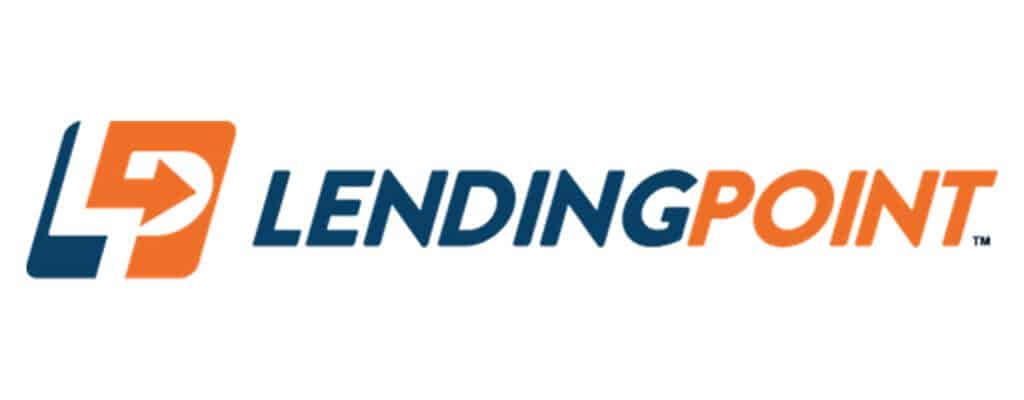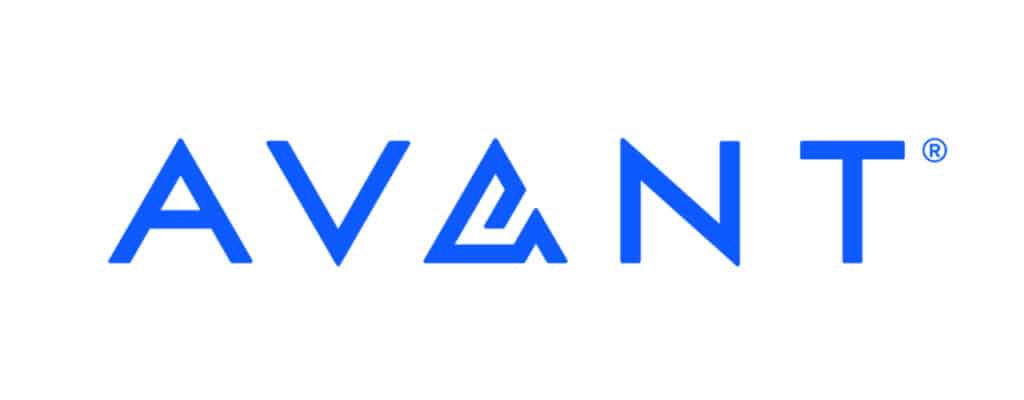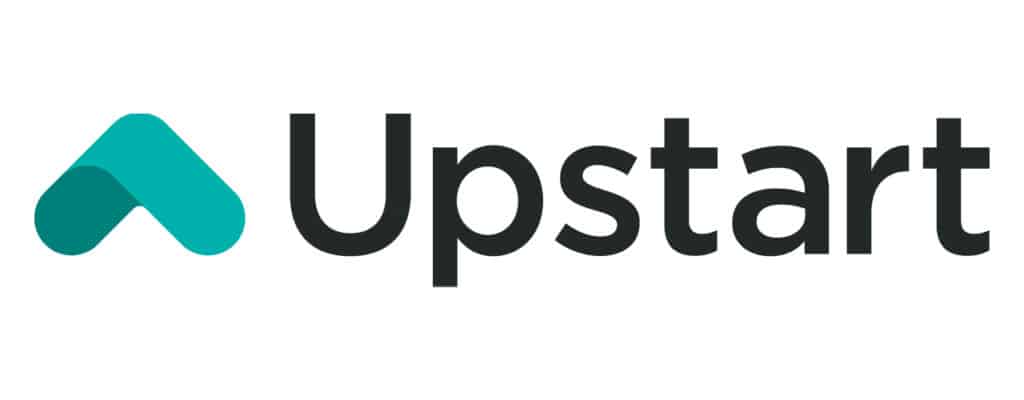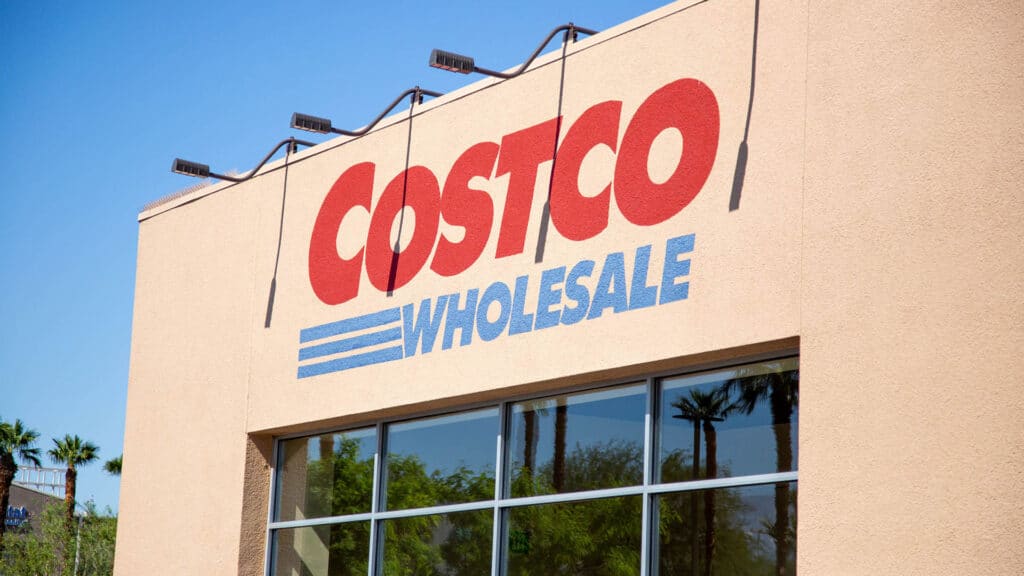Most products on this page are from partners who may compensate us. This may influence which products we write about and where and how they appear on the page. However, opinions expressed here are the author's alone, not those of any bank, credit card issuer, airline or hotel chain. Non-Monetized. The information related to Chase credit cards was collected by Slickdeals and has not been reviewed or provided by the issuer of these products. Product details may vary. Please see issuer website for current information. Slickdeals does not receive commission for these products/cards.
When you apply for a personal loan, lenders will typically ask you for your salary information and may even ask for proof of income, such as pay stubs and tax returns. Lenders want to know that you have a way to pay back the loan. But what if you don't have any records showing sources of income?
There are ways for borrowers to still qualify for a personal loan without proof of income, as well as several types of personal loan options available for these types of borrowers. Whether you are unemployed, self-employed, or receive income from a unique source, we'll go through the potential obstacles and ways you may be able to get approval.
Getting a Personal Loan How to Get a Personal Loan Without Proof of Income
Lenders want proof of income to show that you can repay the loan. So, how can you get a personal loan if you cannot provide documents proving income? If you have no source of income, you’ll need to show your creditworthiness in other ways to get a loan.
-
1
Improve Your Credit Score
If you need to take out a personal loan but don't have proof of income, you’ll have to show that you are a responsible borrower. Having an excellent credit score can improve your chances. First, check your credit report for free to see where you stand. If you have a poor or less-than-ideal credit score, there are several measures you can take to improve your credit score. You can start by paying off credit card debt or fixing credit report errors. Take some time to improve your credit first to enhance your chances of approval for a loan.
-
2
Add a Co-Signer
Lenders are concerned about reducing their risk when giving out loans. So if you want to take a personal loan without proof of income, you can ask someone with a good credit history and a reliable source of income to co-sign the loan with you. However, you should know that co-signing a loan is not just about vouching for a borrower. The co-signer is putting their name on the loan. If you default, the co-signer is responsible for paying back the loan. Defaulting or making late payments will hurt your co-signer’s credit score and may prevent them from getting a loan in the future.
-
3
Offer Collateral
With a secured loan, lenders will require collateral, which can be any valuable asset with a value greater than the loan amount. If the borrower fails to make their loan payments, the lender may seize the asset and liquidate it to cover their losses. Common types of collateral include real estate, cars, valuable possessions, cash, and investment products.
Be aware that even with approval, you may face unfavorable loan terms such as short repayment periods, low loan amounts, and high interest rates. Make sure you are confident you can repay the loan first and that you understand the pros and cons before taking one out.
Can You Get a Personal Loan If You Don’t Have Proof of Income?
Yes, getting a personal loan without proof of income is possible if you are able to show the lender that you are a reliable borrower with the ability to repay the loan. Lenders may look at other factors to determine your reliability as a borrower, such as:
- If you have a strong credit score with an impeccable history of paying off debt on time.
- If you can provide collateral, such as cash or an asset, to reduce the lender's risk.
- If you can bring on a co-signer or co-borrower who can be responsible for your debt in case you default.
- If you can show some form of income, such as from a side hustle.
Some lenders may have a minimum income requirement, so not having any income or being unemployed can be challenging if you're looking for a personal loan with low rates.
What Is Proof of Income?
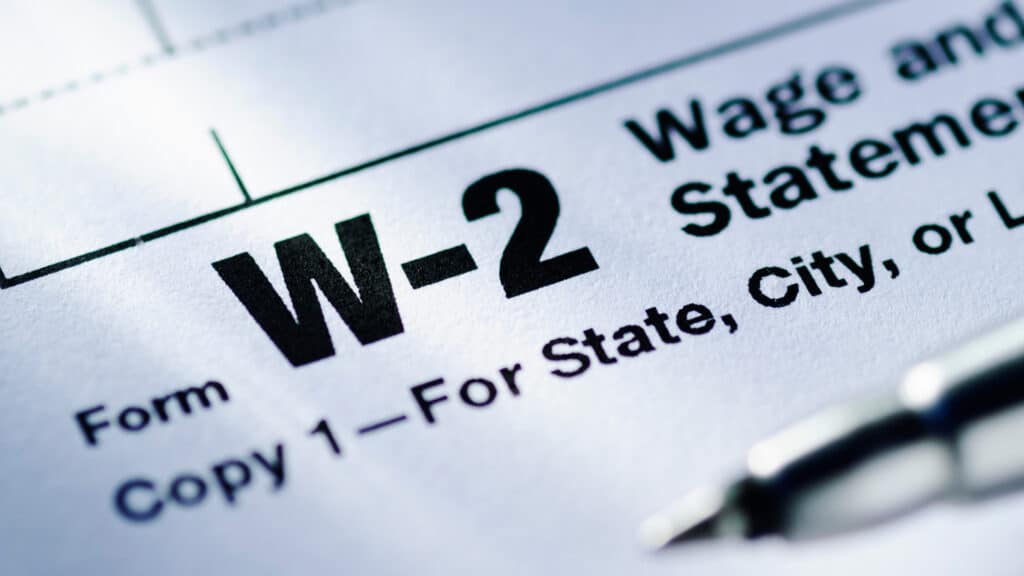
When you apply for a personal loan, lenders may ask for proof of income documents to verify your income sources before approving a loan. This is to show that you have a steady income to repay the loan. What counts as proof of income varies from one lender to another, but here are some general documents that can be used to verify a borrower's income.
- Pay stubs
- Proof of income letter from employer
- Previous tax returns and W-2s
- Bank statements
- Retirement income statements
- Direct deposit statements
- Investment income statements
- Court-ordered agreements for child support or alimony
Types of Income Accepted by Most Lenders
While many lenders want to see a steady stream of earned income through employment, there are lenders that will accept other forms of income.
Types of income sources that lenders may consider include:
- Social Security benefits
- Child support or alimony
- Dividend and interest income
- Trust fund income
- Pension or retirement income
- Rental income
- Disability benefits
- Unemployment benefits
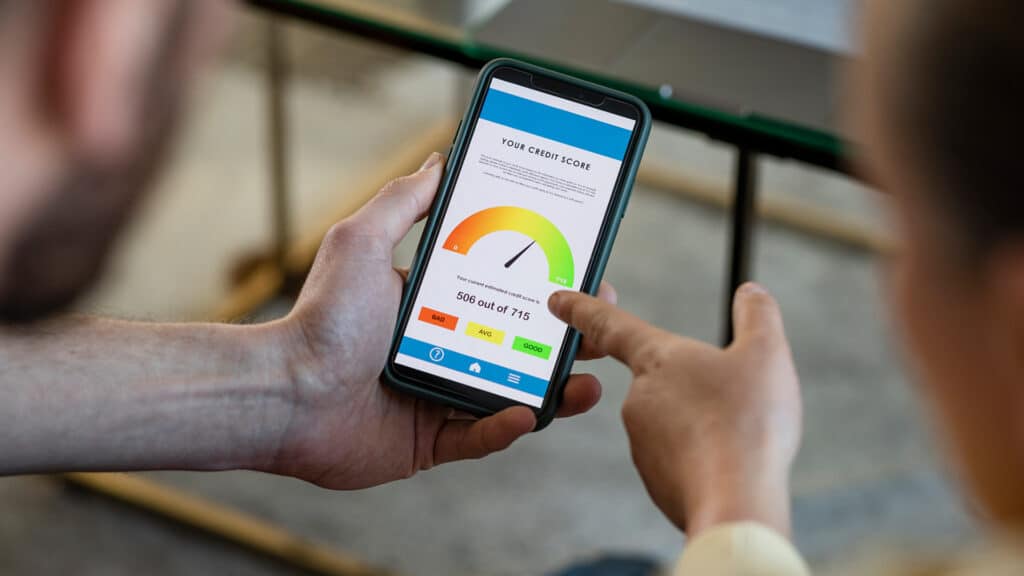
Best Low-Income Personal Loans
LendingPoint
- Loan Amounts$2,000 – $36,500
- Loan Terms24 – 72 months
- APR Range7.99% – 35.99%
- Minimum
Credit Score600 or aboveA credit score is used to indicate the creditworthiness of an applicant, but it is only one of several factors considered for approval. These credit scores alone are not guarantees for approval and should only be used as guidelines.
LendingPoint offers fast personal loans with flexible credit requirements, making it accessible for borrowers with less-than-ideal credit.
Overview
LendingPoint uses technology to help evaluate potential borrowers and has more flexible credit score requirements than some competitors. Its personal loan APRs are fairly competitive, and loan funds can be disbursed in as soon as one business day. However, borrowers may need to pay an origination fee, ranging from 0% to 8% of the total loan amount. Still, LendingPoint’s low minimum credit score and lengthy maximum repayment term make it a compelling offering.
Pros
- Fast funding available
- Low minimum credit score requirement
- Long repayment terms up to 72 months
Cons
- Relatively low maximum loan amount ($36,500)
- No physical locations
- Origination fee may apply (0% to 8%)
Avant
- Loan Amounts$2,000 – $35,000
- Loan Terms12 – 60 months
- APR Range9.95% – 35.99%
- Minimum
Credit Score580 or aboveA credit score is used to indicate the creditworthiness of an applicant, but it is only one of several factors considered for approval. These credit scores alone are not guarantees for approval and should only be used as guidelines.
Avant offers small personal loans that are accessible to borrowers with fair credit, with funding available as soon as the next day.
Overview
Avant is known for its personal loans that can be used for a wide range of purposes and are accessible for those with fair credit. Funding can be completed as soon as the next business day once approved. The minimum APRs tend to be higher than competitors, but the maximum APR is comparable to other online lenders. A unique feature offered by Avant is their flexible payment due date, which allows a 10-day grace period without incurring a late fee.
Pros
- Loan terms up to 60 months
- Low minimum credit score requirement
- Flexible payment due date
- Next day funding available
Cons
- No physical locations
- Origination fee of up to 4.75%
- Relatively low maximum loan amount ($35,000)
- High minimum APR
- No joint applicant or co-signer
Upstart
- Loan Amounts$1,000 – $50,000
- Loan Terms36 or 60 months
- APR Range7.8% - 35.99%
- Minimum
Credit Score300 or aboveA credit score is used to indicate the creditworthiness of an applicant, but it is only one of several factors considered for approval. These credit scores alone are not guarantees for approval and should only be used as guidelines.
Using artificial intelligence to help evaluate borrowers, Upstart is a unique lending platform that looks beyond your credit score for personal loan approval.
Overview
Upstart is a first-of-its-kind online lending platform that uses artificial intelligence to help make smarter lending decisions. This means the company considers factors beyond a borrower’s credit score to help determine creditworthiness. Upstart indicates its model has resulted in 43% lower rates for borrowers than traditional credit score models.
Beyond your credit score, Upstart will also look at your employment history, income and level of education when deciding whether to approve you for a loan. The company states that borrowers with credit scores as low as 300 might be able to get approved for a personal loan, though that loan may come with a relatively high APR.
Upstart’s rates are fairly competitive and loan funds are disbursed as soon as one business day after approval. This lender charges origination fees, so it’s important to read the fine print before applying.
Pros
- Considers factors beyond your credit score in lending decisions
- Loans up to $50,000
- Fast funding time
- Check rate without affecting credit score
- Low minimum credit score requirement
Cons
- No physical locations
- Limited repayment terms
- Has origination fees
- High maximum APR
- Not available in Iowa or West Virginia
Alternatives Financing Options
If you don’t have proof of income, there are other alternatives to personal loans worth considering.
Home Equity Loans
If you are a homeowner and have equity in your home, a home equity loan can be a source of financing. A home equity loan gives you the ability to take out a loan using the equity that you've built up over the years. The funds can be provided as a lump sum and repaid over time.
However, to get this type of loan without proof of income, you will need a very good (almost excellent) credit score to get approval and low rates. In addition, there is the risk of potentially losing your home if you cannot repay the loan.
Peer-to-Peer Lending
Peer-to-peer (P2P) lending platforms let you fill out a loan application and get matched with an investor. Then, a risk rating is developed based on your credit score. The risk rating is used to set your interest rates. The requirements vary, but those who have been denied a traditional bank loan may qualify for a loan with no income, although they may face high interest rates.
0% Intro APR Cards
Some credit cards come with 0% intro APR offers, which can help you avoid interest charges during the promotional period. Essentially, you can have access to an interest-free loan during that period of time.
Borrow from Friends or Family
Reach out to close relatives or friends to see if they are willing to offer you a loan to help you financially. Be sure to carefully outline the terms of the loan, repayment, and any interest you'll be paying them. The last thing you want is to damage the relationship with any misunderstandings.
Key Takeaway
There are several options available if you need a personal loan but aren't able to provide proof of income. You can explore secured loans, home equity loans, or ask someone to co-sign the loan with you. It's also not a bad idea to build or improve your credit score before applying for a loan, as it can help improve your chances of better loan terms.
FAQs
-
Yes, it is possible to get approval for a personal loan without a job. Some lenders do not have employment or minimum income requirements when approving loans. However, you’ll likely need a very good credit score, be asked to offer collateral, or bring on a co-borrower to reduce the risk to the lender. Also consider whether you can afford to repay the loan, as there is a greater chance you may default if you are unemployed.
-
The minimum income requirements vary by lender. Some lenders may have a low minimum, while other lenders do not require a minimum. Not all lenders disclose this information on their website, so check with the lender about their income requirements before applying.
-
If a lender requires that you provide proof of income for a loan, then not having these documents can be a barrier to approval. However, there are some lenders that may accommodate the lack of documentation, as long as you can show your ability to repay the loan, such as by providing collateral or bringing on a co-signer or co-borrower.


